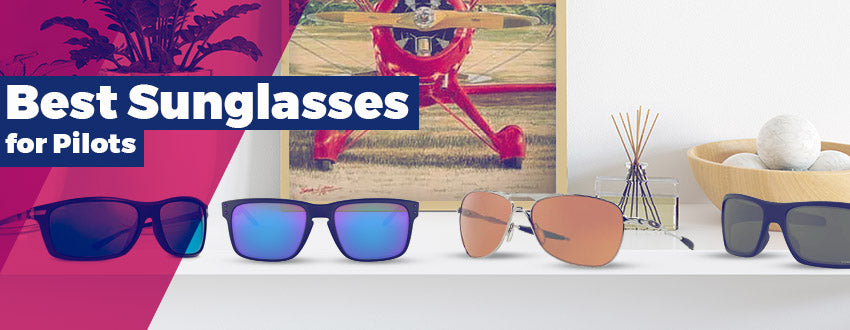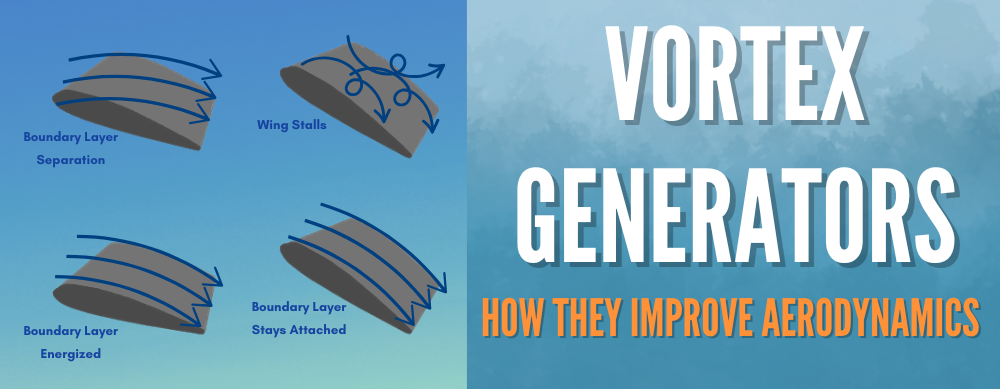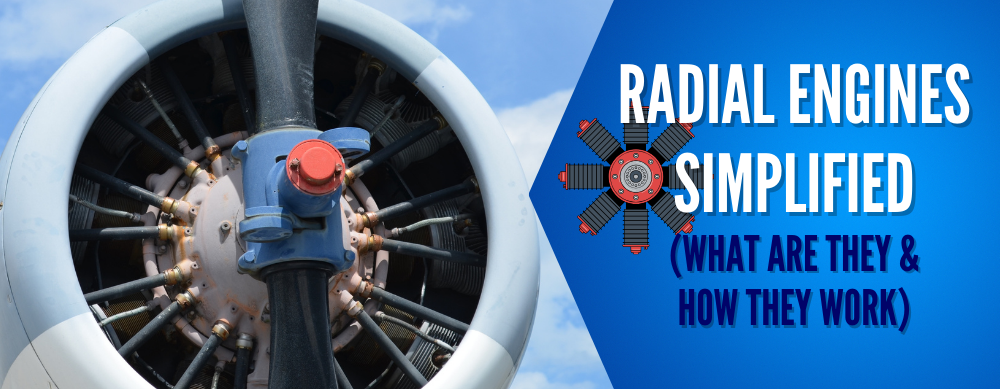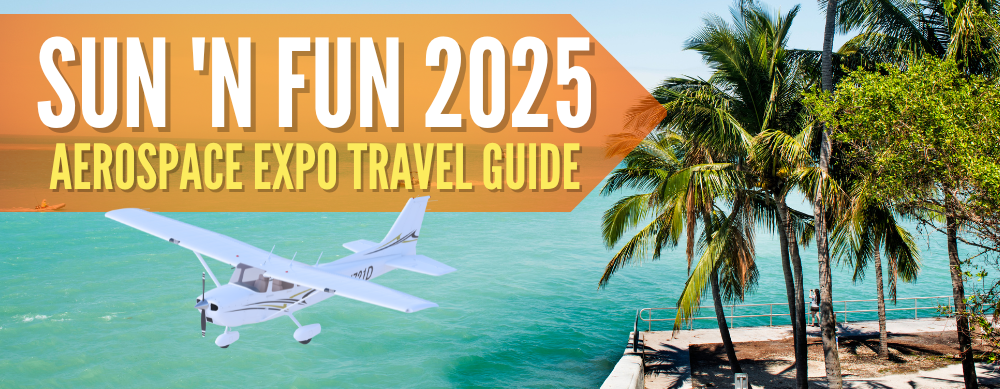The ultimate combination of function and style, sunglasses have been an integral part of a pilot’s image since 1936 when Bausch & Lomb developed the first pair of “aviators.”
General Douglas MacArthur was an early adopter and during WWII, he became known for his signature look: a general’s hat, aviators and a corncob pipe. This publicity and “celebrity endorsement” catapulted the aviator design of sunglasses to the top of the must-have list for every pilot.
Of course, the sunglass market has exploded since then and we now have plenty of frame styles and lenses to choose from.
In fact, now there are so many options that it helps to have some sort of a guideline of what to look for.
 Factors to Consider When Choosing Piloting Sunglasses
Factors to Consider When Choosing Piloting Sunglasses
As you narrow down your options and select a new pair of piloting shades, there are some important factors to take into consideration. Also take the time to skim through the FAA’s short and insightful (pun intended) guide to the best sunglasses for pilots.
To get you started, here is a little more information about 3 key buying considerations: polarization, lens material and tint.
Polarization
99% of the time, the best sunglasses for pilots are non-polarized. The one notable brand which is an exception to this rule is Revo. Revo’s polarized sunglasses work in the cockpit thanks to their proprietary lens design.
If you are looking at polarized lenses and they aren’t from Revo, put them back. Standard polarized lenses cause significant and very dangerous visual disturbances for pilots. When viewing digital devices from certain angles, the screens will appear blank to a pilot wearing standard polarized lenses.
Looking out the cockpit windows, typical polarized lenses will cause a pilot to see many rainbow-like swirls and patches that interfere with visibility. Not good. For those who like to know more, the mechanics behind how polarized lenses interfere with flying is quite interesting.
But the bottom line is this: make sure the sunglasses you are considering are either non-polarized or are a Revo digital-device friendly polarized frame.
 Lens Material
Lens Material
Just like prescription glasses, sunglass lenses are available in different materials. Your choice of lens material will influence the scratch resistance, impact resistance, tint absorption properties, optical quality and weight of your sunglasses.
There are pros and cons of each, so your material choice will depend on the factors that matter most to you. For example, are you more worried about scratching your lenses or dropping them? Would you rather have a lighter lens or a lens with better optical quality? No material is the best in all the criteria, so just figure out what is best for you.
Here’s a quick comparison of what to expect from the three most common materials:
Polycarbonate Plastic
- Lightest weight
- Most impact resistant
- Special coating provides very strong scratch resistance
- Lowest optical quality
- Doesn’t accept dye very well, although the interior anti-scratch coating can be tinted
Monomer Plastic (CR-39)
- Medium weight
- More impact resistant than glass
- Most easily scratched
- High optical quality (almost as good as glass)
- Tints easily and uniformly, but doesn’t hold tint long-term as well as glass
Glass
- Heaviest weight
- Least impact resistant
- Most scratch resistant
- Highest optical quality
- Tint absorption may be less uniform than CR-39 plastic, but it lasts longer
Lens Tint
Your choice of lens tint is more than simply a color preference. Each lens color offers different benefits and potential drawbacks while in flight.
Red, Green, Brown, Grey-Green
- Easier to see contrast, especially in hazy conditions.
- More vivid colors
- Good for VFR
- Not as good for ATP/IFR because it distorts color vision a little
Yellow, Amber, Orange
- Sharper vision
- Commonly called “blue blockers” because they block shorter wavelengths
- More color distortion which may interfere with reading instrument displays, color-coded maps or the color of nav lights
Gray
- Offers the lowest degree of color distortion.
- No significant contrast improvement.
- Good blend of functionality.
Blue/Violet
- Emphasizes contours around objects
- Increased contrast
- Glare reduction
- Relaxing for eyes – good for long-term wear
The amount of tint is also a factor since it determines how much visible light passes through the lens. This is known as the VLT – visible light transmission – and is expressed as a percentage of total light.
The FAA recommends that pilots choose lenses that block between 70 and 85% of the light. This means you are looking for a VLT of between 15% and 30%. Too little tint and you will be squinting from the brightness; too much and you will have difficulty seeing inside the cockpit without removing your shades.
Remember: The lower the VLT percentage, the less light is coming through the lens.
10 Best Sunglasses for Pilots
Now that you know what you’re looking for, let’s get down to our winners. Our 10 top picks for the best sunglasses for pilots are:
1. Ascent Aviator Sunglasses by Method Seven
Rising to the top of the best sunglasses list is a pair of aviators, but these are not your grandpa’s aviators. Method Seven has taken a classic silhouette and packed it with a powerhouse combination of streamlined design elements and features that are sure to impress.
The frame itself is a strong, lightweight, flexible titanium alloy. Its thin, tapered temple pieces will hug your head and comfortably fit underneath your headset throughout even the longest of flights.
The modern blue tinted lenses are just as impressive as the frame. They are constructed from an advanced mineral glass with “rare earth elements” and designed for maximum contrast.
With these semi-custom sunglasses, you can choose from 3 VLT levels depending on your needs – 9%, 18% and 30%.
The 18% VLT lens, known as the SKY 18, is the best all-purpose lens, while the SKY 9 is preferred for commercial pilots flying long flights into the sun. The SKY 30 may allow too much VLT for the brightest parts of the day, but think of it as more of an all-day option, especially for older eyes that need more light.
2. Altitude 8B Wrap Aviator Sunglasses by Method Seven
Method Seven steals the #2 spot on this list as well with their Altitude 8B Wrap shades. These glasses are designed to provide you the maximum level of UVA and UVB protection while keeping your peripheral vision clear to see any potential dangers.
Like the #1 rated Ascent Aviators, the Altitude frame is made primarily of titanium, but the Ascent also features some innovative injected plastic components to give it its unique wrap shape.
The tint options for these blue lenses are the same as the Ascent, so no matter what your VLT preference, you can choose a version of the Altitude that you will love.
3. Randolph Aviator SkyTec™ Glass - American Gray - Gunmetal Sunglasses
The Randolph Aviator is an aviator that isn’t afraid to embrace its classic heritage. These shades are timeless and sturdy. The grey lenses are made of SkyTec mineral glass treated with an anti-reflective coating.
As with Method Seven’s frames, Randolph has paid attention to detail with the temple size and shape, so they will fit nicely under a headset without creating uncomfortable pressure points.
4. Serengeti Matera 8728
Serengeti’s sporty Matera sunglasses look like they just returned from an African safari. The brushed brown frame and coordinating brown tinted mineral glass lenses fit the part for an African bush pilot.
You will instantly appreciate the comfort of the wire-flex frame and the Gradient Drivers lenses which give your eyes extra protection. Blue light transmission is drastically reduced by proprietary Spectral Control technology. These lenses are certainly a treat for over-taxed eyes.
5. Oakley Turbine Matte Black
Naturally Oakley has earned a spot (actually 4 spots) on the best pilot sunglasses list. Their top offering is the Turbine in a statement matte black frame with PRIZM black lenses.
These shades are designed for versatility so you can use them for flying, driving, biking and just about any other outdoor activity.
Expect a lightweight frame (O Matter) paired with a legendary grippy fit (Unobtanium). The lenses have an 11% VLT and their proprietary Twin Toric and HDO technology results in excellent contrast and performance in bright sunlight.
6. Oakley Crosshair Chrome w/VR28 Black Iridium
Turn up the style with the next Oakley offering on our list – the Crosshair. Its lightweight C5 alloy chrome body partners with brown lenses to hit just the right blend of form and function. The 18% VLT rating on the VR28 Black Iridium lenses is designed to serve you well on brighter days. Plus, the added rubber “earsocks” on the end of the arms keep your glasses from sliding around on your head.
7. Oakley Holbrook Metal Matte Black w/Grey
When longevity and durability counts, you need a sturdy frame. The Oakley Holbrook uses lightweight but heavy-duty stainless-steel sheet metal. A modern matte black finish sets the trendy tone.
Protect your eyes on sunny days with a 16% VLT rating and true color grey lenses.
8. Oakley Julian Wilson Holbrook Matte Black w/Violet Iridium
Trendy, trendy, trendy – if you are ready to stand out and make a fashion statement, pick up a pair of Oakley’s special Holbrook shades originally designed for Julian Wilson – a professional surfer from Australia.
Like the standard Holbrook, this frame is modern both in shape and in the matte black finish. That said, the first thing that everyone will notice are the violet tinted lenses. Yes, this is a fashion statement, but it is purposeful as well. The color coupled with the 14% VLT rating positions the Julian Wilson Holbrook shades for bright light excellence.
9. The Moonwalker Zero-G – Limited Edition by Revo
Aviators = classic. Limited-edition reissues of legendary aviators worn by the 3rd man to ever walk on the moon = epic.
In honor of the 50th anniversary of the first lunar landing, Revo updated and reissued the shades worn by astronaut Pete Conrad during his historic moon walk.
The strength and stability of the lightweight titanium frame in a two-tone chrome finish pairs perfectly with the shatterproof Serilium+ lenses. Add in dual color acetate temples and you have a functional, yet stylish look plus a piece of history. Remember that these Revo lenses are digital device friendly thanks to their super-secret proprietary design.
Only 500 pairs of these limited-edition sunglasses have been produced and each is individually numbered with a hand engraved serial number. Order now before they are gone forever.
Your sunglasses will arrive in a commemorative box along with a reprint of the 1988 Revo ad which featured Pete Conrad wearing his original Revos.
10. Serengeti Modugno 8408
Rounding out our top 10 pilot sunglasses list is the Modugno 8408 by Serengeti. If standard frames have ever felt too tight on your head, you will appreciate the Modugno’s flex hinges which allow for a more generous fit.
The metal frame is a very classy dark gunmetal color which contrasts well with the brown Driver’s Gradient lenses. Proprietary Spectral Control and photochromatic properties in the lenses let them adjust to varying light levels and conditions. If you are looking for an attractive pair of sunglasses that works just as well in bright sunlight as they do on cloudy days, the Modugno should definitely make it on your short list.
 Takeaway
Takeaway
Whatever sunglasses you choose to take with you in the cockpit, do your homework. Remember these tips:
- Make sure that the frame and lens material are a good fit for your lifestyle.
- Double check if the lenses are polarized and avoid polarized lenses unless they are Revo brand.
- Decide what percentage of visible light you want to be transmitted through the lens
- Choose a tint that offers the benefits you are looking for
Want Insider Guides To The Best Aviation Gear?
We've got the insider tips for enhancing your flying experience. From savvy tricks to quieten the noise, to the essential items you'll need in your flight bag—we've got it all covered with our curated list of goodies.
-
12 Pilot Flight Bag Essentials You Should Always Be Carrying
-
The Best Aviation Headsets for a New "Student" Pilot - High End or Economy?
-
Active vs Passive Noise Reduction: Which is Best for Pilots?
-
What is the Bose A30 Headset? Why should you consider an upgrade?
Did you find this article helpful?
Do you think we missed anything important? Let us know in the comments below!















